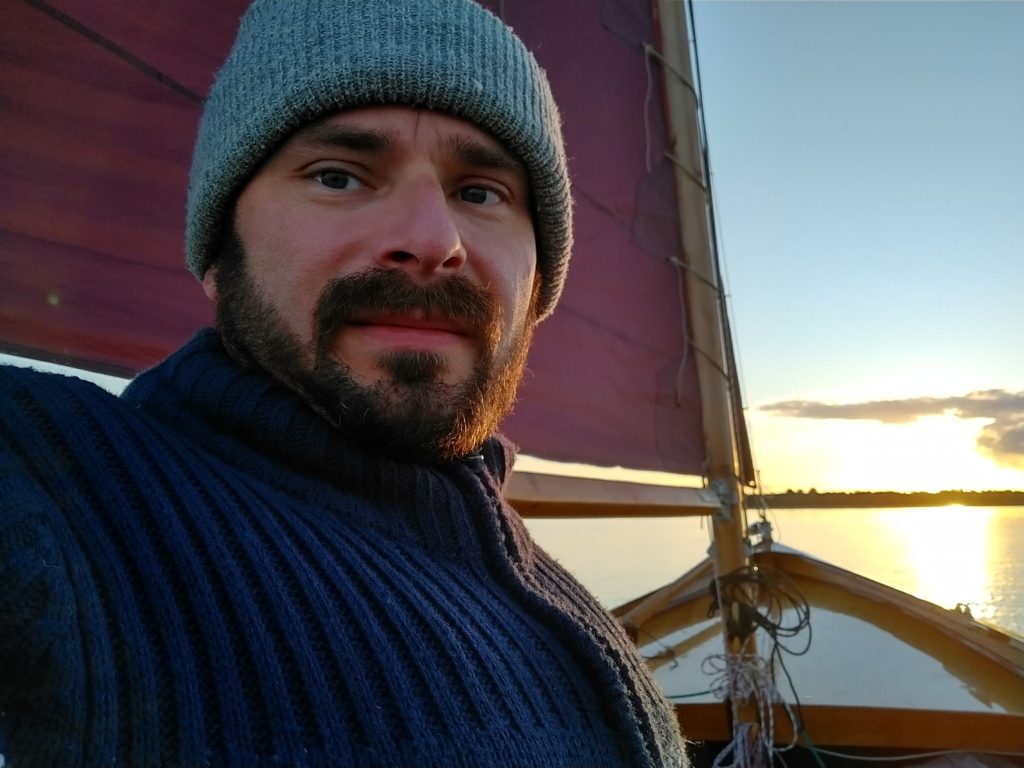Call for Papers: “The Intertidal Shipwreck: Management of a Historic Ressource in an Unmanageable Environment”
19 Apr 2024 @ 3:27pm - 31 Mar 2022 @ 6:00pm

cover image: The wreck of the Spanish barque ULPIANO (1870) in front of the Süderoogsand beacon (Photo: Hendrik Brunckhorst, LKN.SH)
Call for Papers
Good afternoon,
given increasing impacts from processes such as climate change and coastal development, intertidal shipwrecks are exposed and reported at an increasingly noticeable rate worldwide. As such, Dr. Calvin Mires, Dr. Daniel Zwick, and myself have been in contact with editors at University Press Florida (UPF) about the development of an edited volume of case studies related to this specific type of archaeological resource—the beached/intertidal shipwreck. The press showed considerable interest in the topic, so we have begun the development of an official proposal. I am writing to gauge your interest in submitting a chapter abstract for our edited volume on challenges to and innovations in management of intertidal shipwreck sites.
Our goal is to submit the official proposal, including a list of chapters, to UPF by the end of April 2022. Toward that end, if you would like to participate, we need from you a firm commitment to submit a chapter abstract (250 words) and tentative chapter title until APRIL 8th 2022 (extended deadline).
Chapter parameters include:
- 7,000 to 8,000 words including references
- up to 3 tables and 8-10 images per chapter
- your responsibility to secure permissions for image use
style will be based on Society for Historical Archaeology (SHA); we will provide a simplified guide for you - references and bibliography will be at the end of your chapter
Title: The Intertidal Shipwreck: Management of a Historic Resource in an Unmanageable Environment.
Volume Abstract: The archaeological remains of ships in the world’s intertidal zones are part of complex and dynamic socio-environmental systems. Being periodically exposed and reburied, these resources vary between being visible and intriguing, and reburied and frequently forgotten features of the physical and cultural coastal landscape. Additionally, these limited and nonrenewable resources play an important informational role as tangible pieces of maritime heritage that also document dynamic coastal processes. Given the dynamic nature of these sites, challenges to management may result in the resource being damaged, ignored or forgotten, leading to potential loss of pertinent social, economic, and environmental information. Through case study examination, this volume will address challenges to the management of intertidal shipwreck sites and innovations in the approach to managing these valuable archaeological resources.
Please let us know if you have further questions or concerns.
Best,
Jen, Calvin, and Dan
Interlibrary Loan Borrowing Manager, East Carolina University, Joyner Library, Greenville, NC 27858, United States


